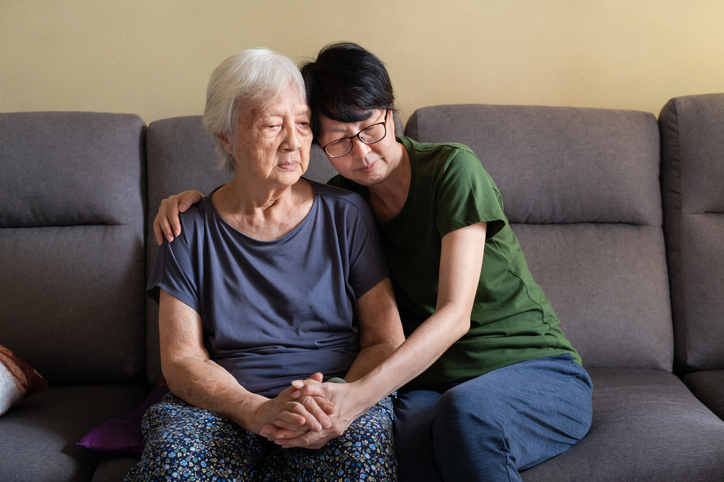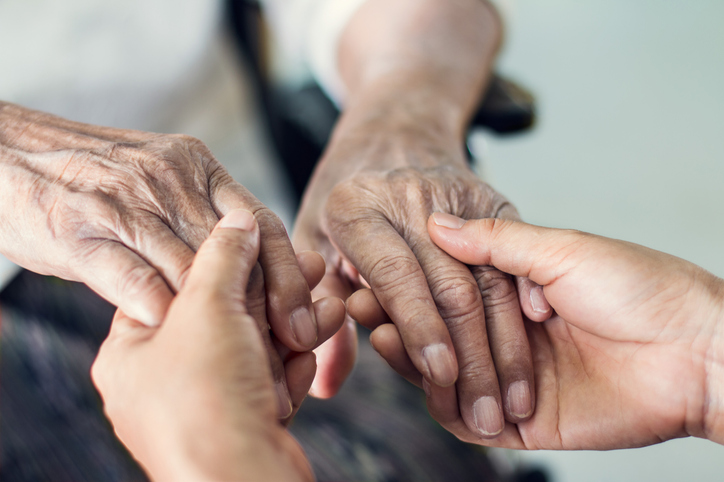
The People Behind America’s Health
With the election behind us, it’s time to lift healthcare above campaign rhetoric and invest in a care economy that breaks the cycle of chronic illness to build longer, healthier lives for all Americans.

With the election behind us, it’s time to lift healthcare above campaign rhetoric and invest in a care economy that breaks the cycle of chronic illness to build longer, healthier lives for all Americans.

Ensuring that family caregivers, and hospice providers all get the support that they need is more than just about ensuring that a patient receives end-of-life care with the dignity and support they deserve.

A new report by Paubox calls for healthcare IT leaders to dispose of outdated assumptions about email security and address the challenges of evolving cybersecurity threats.

Tomorrow’s goal scoring companies will go on offense today by giving an assist to their caregiving team members.

Healthcare providers play a critical role in helping caregivers recognize potential imbalances. Encouraging caregivers to access resources for self-care and respite isn't just a nicety, it's a clinical necessity.

The integration of AI into mental healthcare is more advanced than many realize because it’s not always obvious; frequently, it’s providing support to free up clinicians to spend more time with their patients or to get more patients into treatment.

The world is slowly aging, and by 2060, around 94.7 million older adults will be in the U.S. Without the proper care tactics in place, healthcare providers risk losing people at an earlier age and burning out family caregivers.

Break down the silos. Take control of your provider data.

To address the burden faced by family caregivers across the country, Tomorrow Health CEO Vijay Kedar argues that the U.S. healthcare system should expand its reimbursement for the care they provide. Not only is caregiving physically and emotionally taxing, but it can also cause severe financial strain —many caregivers take time off work and spend their own money to support their loved ones’ care, he explained.

About 28% of Americans consider themselves to be caregivers, and 22% are unpaid, according to a new survey from CVS Health and Harris Poll. These caregivers are facing financial and mental health struggles: 47% said that being a caregiver is a financial burden and 49% said their mental health suffers from being a caregiver.

Healthcare institutions must make clear their seriousness about employee mental health support and overall wellbeing and take decisive actions to make things better.